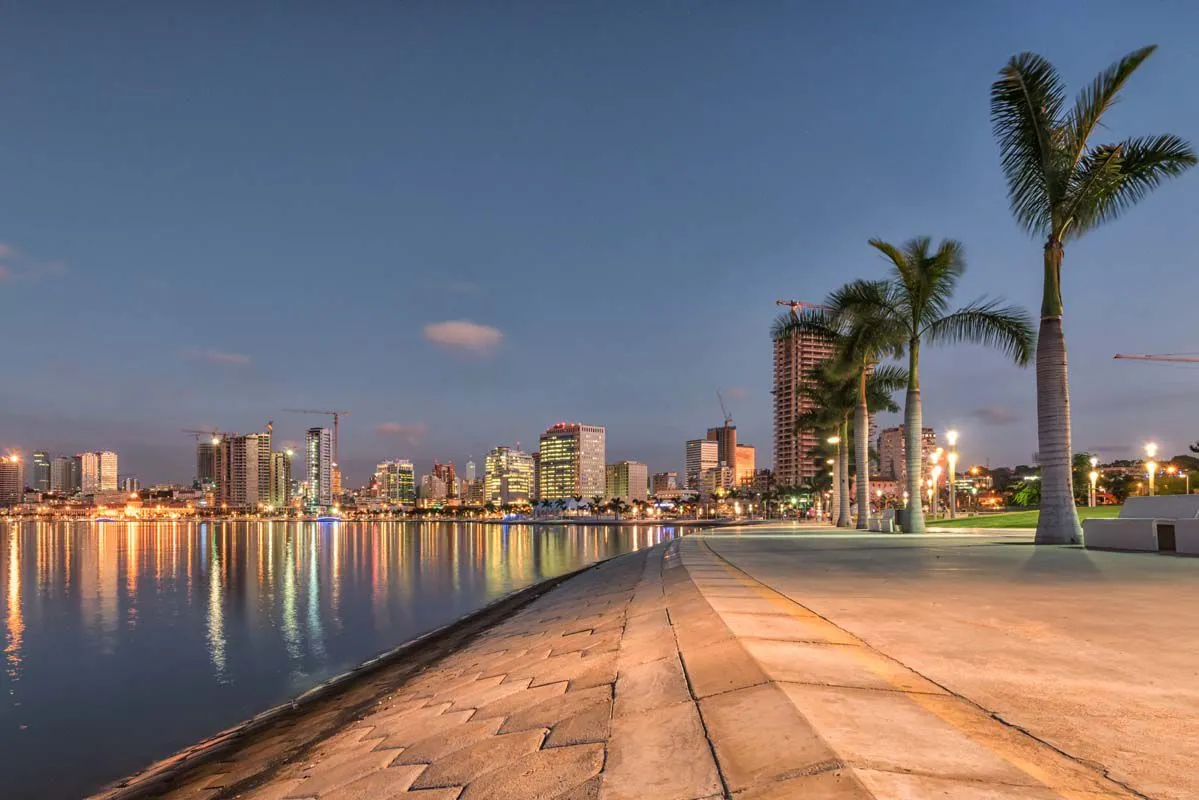Angola’s Q2 2023 GDP grew by 0.2%, reflecting a meager 0.01% year-over-year increase, indicative of the oil production slump.
Oil and gas lead the economic sectors, holding a 28.2% share. Next, trade accounts for 19.8%, followed by agriculture at 13%.
Other services contribute 12.4%. The National Statistics Institute reported a 2.9% drop in oil and gas GVA in Q2.
Operational issues, like a gas leak in the Belize field, caused this dip. Moreover, the Ndungu field also underperformed.
In contrast, the diamond and mineral sector’s GVA plummeted 21.9%.
On the positive side, agriculture grew 1.6% year-over-year due to increased farming and livestock.

Fisheries expanded 5.6%, owing to new ships and aquaculture projects.
The manufacturing sector saw modest growth, at around 0.1%. Beverages, tobacco, and chemicals fueled this uptick.
Meanwhile, electricity’s GVA surged 4.9%, and construction rose 1.4%.
Trade showed a 2.9% GVA increase, driven by a rise in agricultural and manufactured goods.
Transport sector grew by about 2.6%, boosted by an uptick in passengers across all modes.
Telecom services pushed their GVA up 5% with increased consumer use. Additionally, financial services soared 40%, backed by gains in insurance and banking.
Government services edged up 2.2%, while other services slightly declined by 1.1%.
The report also includes varied growth metrics like seasonal adjustments and current market prices for GDP.
Background
Angola’s Q2 2023 GDP grew by 0.2%, reflecting a meager 0.01% year-over-year increase, indicative of the oil production slump.
In the local context, Angola’s heavy reliance on oil is a concern.
Diversification seems urgent, as other sectors like agriculture show potential. Financial services also appear to be emerging strong.
The increase in government GVA might indicate increased public spending, but the sustainability of such spending is in question.
Declining sectors like diamonds and minerals could be a future headache for policymakers.
Comparatively, countries like Nigeria and Brazil have been more successful in diversifying their economies.
For instance, Nigeria’s tech and entertainment sectors are growing. Brazil excels in agriculture and aerospace.
This shows diversification is not just a concept but an achievable reality.
Globally, the minimal growth in Angola’s GDP reflects trends in other oil-dependent nations.
The global push toward renewable energy also presents a risk for these economies. Therefore, the need to invest in sectors other than oil becomes paramount.

